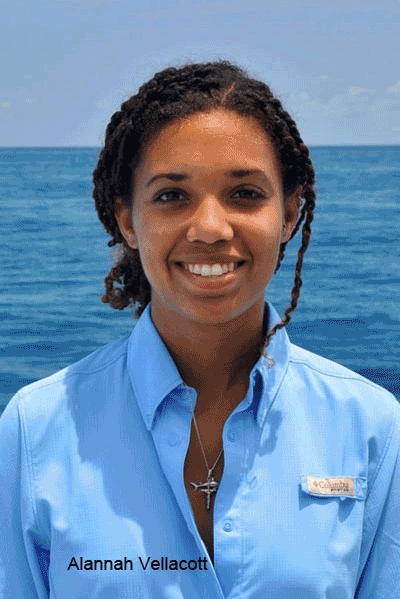Gena Gibbs -
Energy behaviour in virgin coral reef communities taught seven Bahamian researchers with the team of Living Oceans Foundation’s scientists how natural law operates in the isolated marine environment of Cay Sal Bank. They spent 20 days at sea with 18 people in their research team and discovered evidence of the island being submerged, possibly by conditions of climate change.
“We chose The Bahamas to be the first research site of the Global Reef Expedition and the particular area we have chosen to study on this first project is called Cay Sal Bank, Bahamas. It’s very close to Cuba and it’s about 130 miles due South of Miami on its own bank. For the last three weeks, we found this is really an amazing ecosystem, quite unique in a lot of respects,” said Phillip Renaud, executive director of the Khaled bin Sultan Living Oceans Foundation. “We’ve discovered this is quite a shallow, submerged platform and nearly 99 percent of the bank is submerged.” According to the Foundation's director, about 15,000 years ago geologically, Cay Sal Bank was a large island, at least three times the size of New Providence. It covered 6,000 square kilometres or 70 miles on each side of a large triangular patch of calcium carbonate land mass. “I’ve seen other articles that describe this as a drowned carbonate platform, and so it’s ancient coral reefs that have created the base of this bank. As sea level has risen over the last 14,000 years, and it came up to its present level, it basically submerged the whole thing,” said Captain Renaud.“You can imagine there were trees, and birds, and bats, and animals, and probably humans that existed on this island for a long period of time. Then sea levels rose and it basically drowned the whole bank. It’s a fascinating place to study.” The research group used a new satellite system called World View II and the company that launched the satellite is called Digital Globe out of Colorado in the United States.

Posted via http://batavia08.posterous.com batavia08's posterous
.jpg)
No comments:
Post a Comment